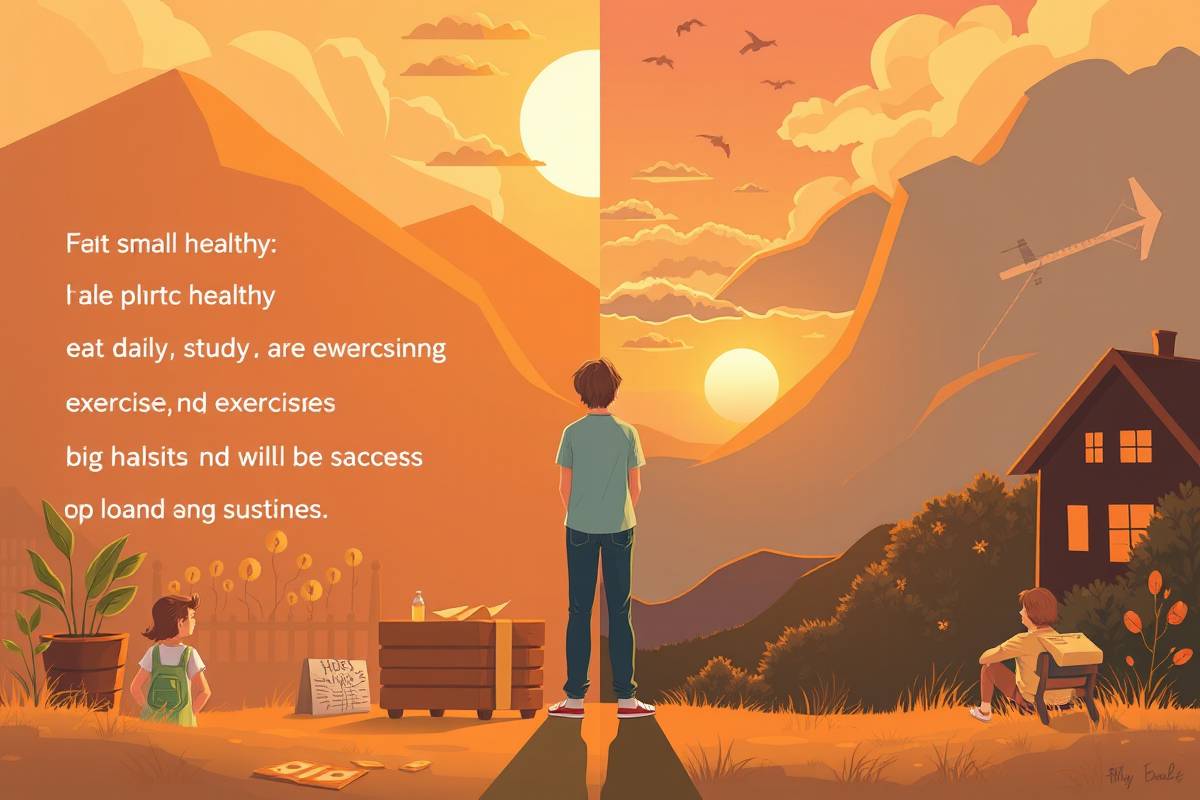In today’s competitive world, having a robust skillset is crucial for career advancement and personal growth. But what exactly makes up a strong skillset? The answer lies in understanding the difference between soft skills and hard skills. This article will explore these two essential categories, highlighting their importance and how you can develop them to unlock your full potential.
What are Hard Skills?
Hard skills are specific, teachable abilities that can be defined and measured. They are often acquired through formal education, training programs, or on-the-job experience. Examples include:
- Coding (e.g., Python, Java, C++)
- Data Analysis
- Accounting
- Project Management
- Foreign Language Proficiency
- Graphic Design
- Search Engine Optimization (SEO)
- Technical Writing
Hard skills are essential for performing specific tasks and are often listed as requirements in job descriptions. They are tangible and easily demonstrable, often through certifications, portfolios, or test scores.
Why Hard Skills Matter
Hard skills provide the foundation for many jobs. They enable you to complete technical tasks, solve complex problems, and contribute directly to your organization’s goals. In many industries, demonstrating proficiency in specific hard skills is a prerequisite for entry-level positions and promotions.
What are Soft Skills?
Soft skills, on the other hand, are less tangible and more difficult to quantify. They encompass personality traits, communication abilities, social graces, personal habits, friendliness, and optimism that characterize relationships with other people. They are often referred to as “people skills” or “interpersonal skills.” Examples include:
- Communication (verbal and written)
- Teamwork and Collaboration
- Problem-solving
- Critical Thinking
- Leadership
- Time Management
- Adaptability
- Emotional Intelligence
- Work Ethic
- Conflict Resolution
Soft skills are crucial for building relationships, working effectively in teams, and navigating workplace dynamics. They are often developed through experience and self-reflection, rather than formal training.

Why Soft Skills Matter
While hard skills get you in the door, soft skills help you succeed. Employers increasingly value soft skills because they are essential for building strong teams, fostering a positive work environment, and delivering excellent customer service. Employees with strong soft skills are better able to communicate their ideas, resolve conflicts, and adapt to change.
According to research, soft skills are becoming even more important in the age of automation. As technology takes over routine tasks, human skills like creativity, empathy, and critical thinking will become increasingly valuable. To learn more about the future of work, you can check out resources from institutions like Investopedia.
The Importance of Balancing Soft Skills and Hard Skills
The most successful professionals possess a well-rounded skillset that includes both hard and soft skills. While hard skills provide the technical expertise needed to perform specific tasks, soft skills enable you to collaborate effectively, lead teams, and navigate complex challenges. Think of it as having the tools (hard skills) and the know-how to use them effectively (soft skills).
Here’s how a balance of soft skills and hard skills translates to workplace success:
- Increased Productivity: Hard skills allow you to perform tasks efficiently, while soft skills enable you to work effectively with others, leading to increased overall productivity.
- Better Communication: Strong communication skills (a soft skill) allow you to clearly convey your ideas, understand the perspectives of others, and build rapport with colleagues and clients. Coupled with your knowledge (hard skills) you are able to effectively demonstrate what you know.
- Enhanced Problem-Solving: Hard skills provide the analytical tools to identify problems, while soft skills enable you to collaborate with others to develop creative solutions.
- Stronger Leadership: Effective leaders possess both technical expertise (hard skills) and the ability to inspire and motivate others (soft skills).
- Improved Career Prospects: Employers seek candidates with a balance of hard and soft skills, as they are more likely to be successful in their roles and contribute to the organization’s overall success. Building wealth often involves developing both these types of skills!
How to Develop Your Soft Skills and Hard Skills
The good news is that both soft skills and hard skills can be developed over time. Here are some tips to help you improve your skillset:
Developing Hard Skills:
- Formal Education: Consider pursuing a degree, diploma, or certification in a field that interests you.
- Online Courses: Platforms like Coursera, Udemy, and edX offer a wide range of courses to help you learn new hard skills.
- On-the-Job Training: Take advantage of opportunities for on-the-job training to develop new skills and gain practical experience.
- Practice: The more you practice a skill, the better you will become. Set aside time each day or week to work on developing your hard skills.
Developing Soft Skills:
- Self-Assessment: Identify your strengths and weaknesses. Ask for feedback from colleagues, friends, and family to gain a better understanding of your soft skills.
- Active Listening: Pay attention to what others are saying and try to understand their perspectives.
- Communication Workshops: Consider attending workshops or seminars to improve your communication skills.
- Practice Empathy: Try to understand and share the feelings of others.
- Seek Mentorship: Find a mentor who can provide guidance and support as you develop your soft skills. A mentor can also help guide your career towards success.
- Reflect on Experiences: Take time to reflect on your interactions with others and identify areas where you can improve your soft skills.
Don’t forget to visit our blog for more career advice and tips on personal development!
Conclusion
In conclusion, both soft skills and hard skills are essential for success in today’s world. While hard skills provide the technical expertise needed to perform specific tasks, soft skills enable you to collaborate effectively, lead teams, and navigate complex challenges. By focusing on developing both your hard and soft skills, you can unlock your full potential and achieve your career goals. Remember to continuously learn and adapt to stay ahead in the ever-evolving professional landscape.
FAQ: Soft Skills and Hard Skills
What is the difference between hard skills and soft skills?
Hard skills are technical abilities that can be taught and measured, such as coding or accounting. Soft skills are interpersonal skills and personality traits that enable you to work effectively with others, such as communication and teamwork.
Which is more important, soft skills or hard skills?
Both soft skills and hard skills are important, but their relative importance may vary depending on the job or industry. In general, hard skills are essential for performing specific tasks, while soft skills are crucial for building relationships and navigating workplace dynamics.
How can I improve my soft skills?
You can improve your soft skills by practicing active listening, seeking feedback from others, attending communication workshops, and reflecting on your experiences. Online resources and courses can also provide valuable insights and strategies for developing soft skills.
How can I highlight soft skills and hard skills on my resume?
For hard skills, create a dedicated “Skills” section listing your technical proficiencies. For soft skills, use action verbs and specific examples in your “Experience” section to demonstrate how you’ve applied these skills in previous roles. Tailor your resume to match the specific requirements of each job application, highlighting the most relevant skills for the position.



